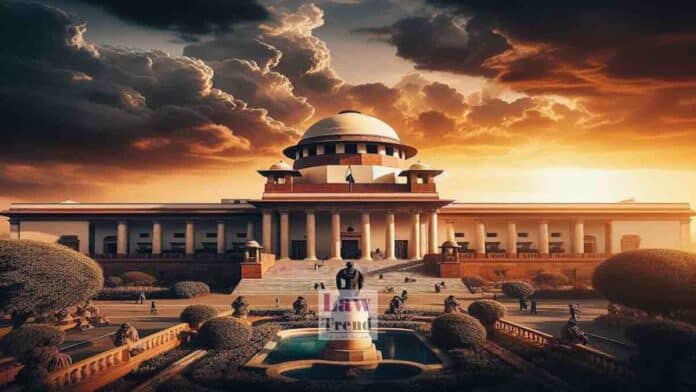The Supreme Court has dismissed a civil appeal filed by Neha Enterprises, upholding the decision of the Uttar Pradesh Commercial Tax authorities to reverse input tax credit (ITC) claimed by the appellant on tax-exempt sales made under Section 7(c) of the Uttar Pradesh Value Added Tax Act, 2008. Case Background Neha Enterprises, a registered dealer
To Read More Please Subscribe to VIP Membership for Unlimited Access to All the Articles, Download Available Copies of Judgments/Order, Acess to Central/State Bare Acts, Advertisement Free Content, Access to More than 4000 Legal Drafts( Readymade Editable Formats of Suits, Petitions, Writs, Legal Notices, Divorce Petitions, 138 Notices, Bail Applications etc.) in Hindi and English.




